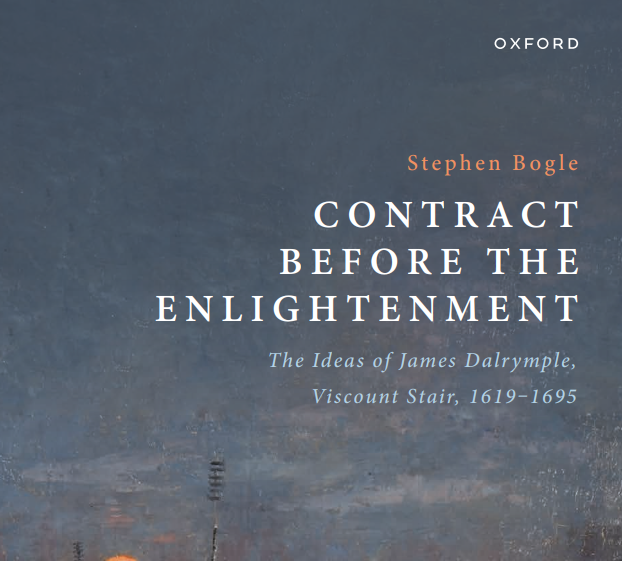by Professor Hector MacQueen, Emeritus Professor of Private Law, Edinburgh Law School*
Back in 2012 I was honoured to be asked to deliver that year’s James Wood Memorial Lecture in Glasgow University Law School. My title was “Private Law, National Identity and the Case of Scotland”. But I thought that before I started on the substance, I should say a few words about James Wood. No previous lecturer appeared to have done so and before the invitation I did not know anything about him. The life and remarkable business career of James Wood of Wallhouse in Torphichen, West Lothian are however well set out in the Dictionary of Scottish Business Biography.[1] Born in Paisley in 1840, from his early 20s he was a coal merchant and mine-owner around the greater Glasgow area. In 1871 Wood expanded his mining interests into, first, Armadale (West Lothian) and then other places in the county such as Bathgate. His business activities in the area extended in due course to gas, brickworks, steel works and the shale oil industry as well as coal-mining. The business, which was run in partnership with his brother William, came to have offices in London and New York, as well as Glasgow. William looked after sales and merchanting while James concentrated on colliery development and operations. Having been chairman of the Pumpherston Shale Oil Company from the mid-1880s, James became a more or less professional company director after 1900, working in a wide variety of Scottish companies. As his biographer remarks, “his experience and expertise in the business world made him a much sought-after figure to serve on company boards.”
Leave a Comment


